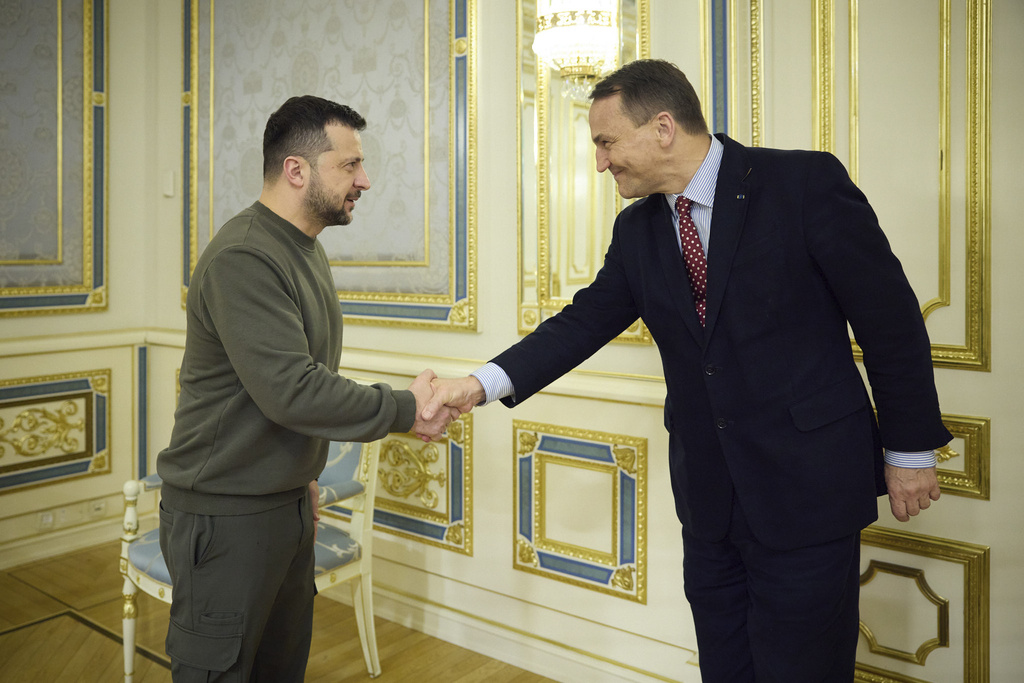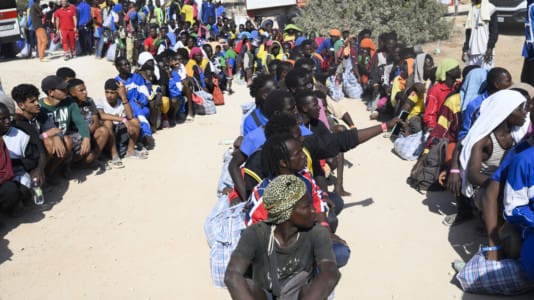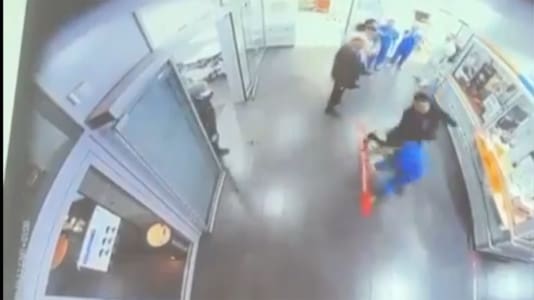Poland’s Foreign Minister Radosław Sikorski has urged NATO, the European Union, and other countries supporting Ukraine to maintain their commitment in the face of ongoing Russian aggression.
Sikorski, from the new left-liberal government, emphasized that allies are truly tested in difficult times and cautioned against any moves toward capitulation or compromise with Moscow. In a series of social media posts, he called for escalated sanctions and the provision of long-range missiles to Kyiv, enabling Ukraine to target enemy launchers and command centers.
His remarks sparked immediate reactions from Russian Foreign Ministry spokeswoman Maria Zakharova and members of the Russian parliament, signaling heightened tensions between the two countries.
Despite Russian threats, Sikorski reiterated the ongoing tragedy facing Ukrainian citizens and the need for sustained support, including the supply of long-range missiles. He cited recent survey results indicating continued EU citizen support for aiding Ukraine, with 60 percent backing financial and military assistance. Sikorski challenged the notion of “war fatigue” as a privilege only Ukrainians can claim, given their direct losses and suffering.
Ongoing support for Ukraine, however, is widely disputed, with other polling revealing a majority of EU citizens want the war to “end immediately” and calling for the parties to be “brought to the negotiating table.”
Sikorski also responded to voices within the pro-Ukraine coalition advocating for “cautious support” to avoid escalating the conflict. He questioned the logic of limiting aid to the victim, suggesting it would unlikely appease the aggressor.
Further, he highlighted that supporting Kyiv is not only a moral imperative but also aligns with Poland’s national interest. Sikorski also asserted that a Russian defeat would ultimately benefit the Russian people, paving the way for a nation free from imperial ambitions and focused on its citizens’ welfare.
His statements reinforce Poland’s steadfast position in supporting Ukraine against Russian aggression.






